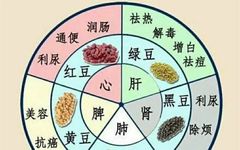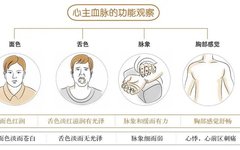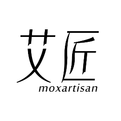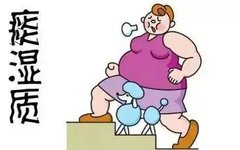Understanding the ‘Five Organs’ in Traditional Chinese Medicine: Their Roles and Interconnections
Follow our official account and enter the dialogue box Click ‘Skill Enhancement’ to read a wealth of content According to the Suwen: On the Five Organs: “The so-called five organs are those that store essence and qi without leaking, hence they are full but cannot be solid.” In the Ling Shu: On the Organs: “The … Read more









